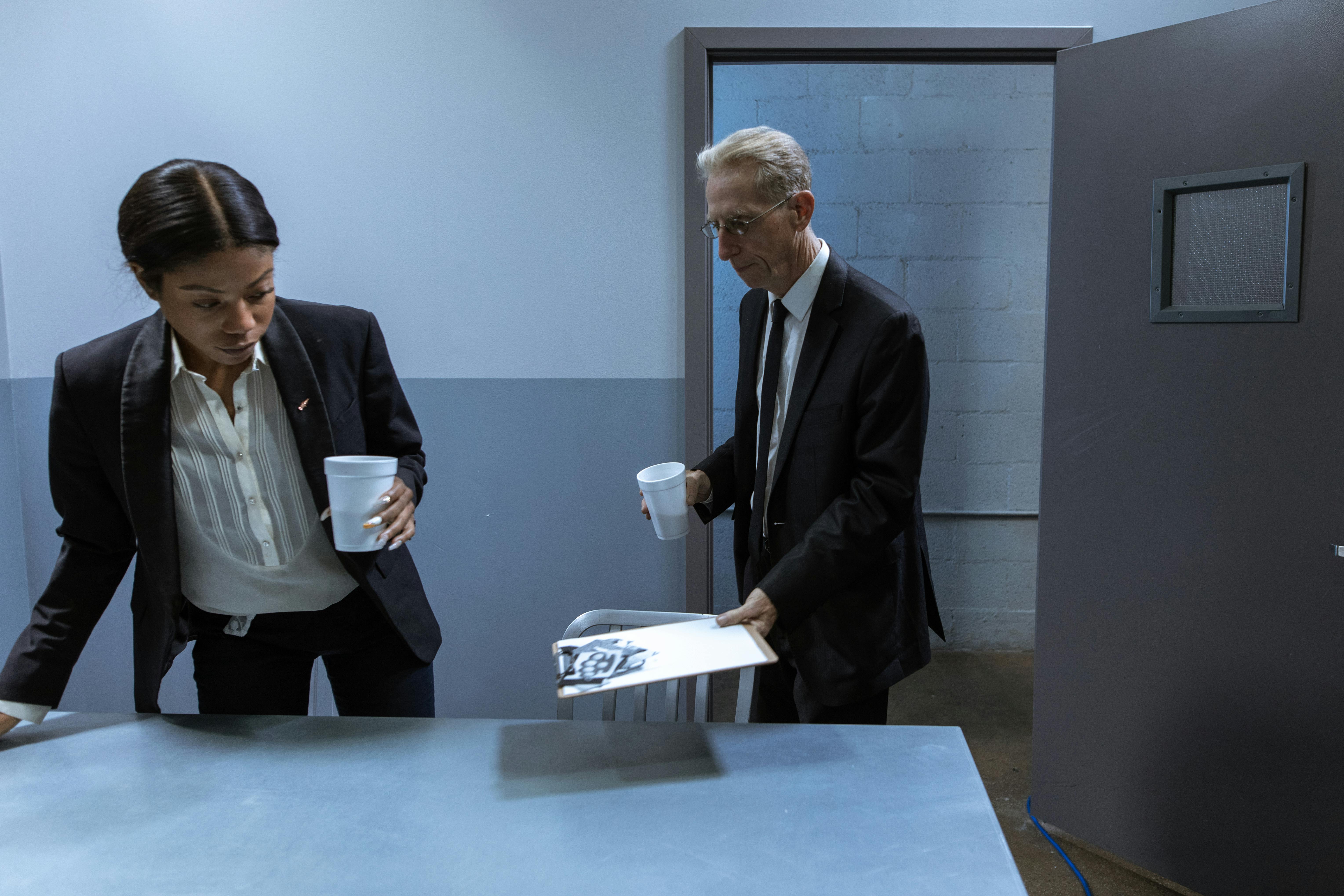When you are admitted to the hospital in an emergency situation, you will be asked about the medications you take, any allergies you have, your medical history, etc. If you have a medical card with you, it can tell a lot about your physical makeup. Medical cards are useful when you visit a hospital, outpatient clinic, pharmacy, or travel abroad.
Today, thousands of people are admitted to hospitals in emergency situations. At the time of admission, most of them are unconscious or unable to communicate their medical history to hospital staff. As a result, the doctor may lack important information about other medical problems the patient may have that need to be considered for current treatment. Medical Cards help healthcare professionals such as paramedics, pharmacists and dentists by providing them with the patient’s medical details in urgent situations. They guarantee the immediate availability of the medication you take at the time of a medical emergency wherever you are and whatever the situation you find yourself in. A medical card is made of strong plastic and shows your medical and personal information, such as:
- Name and direction
- Date of Birth
- Three emergency contacts with their phone numbers
- Names and phone numbers of primary care physicians
- current medication
- Medical history (including allergies)
- Blood type
- Date of issue (the card must always be kept up to date)
- GP details
It is also recommended that older people in particular carry a medical information card, as they will be the most likely to be taking multiple medications. Identification cards are also useful if they are given to young children, as it is easy to locate their parents if they are lost.
This ID card is made of strong, durable plastic material with ample space to write personal information with a pen or marker. Preferably it should be laminated and heat sealed.
